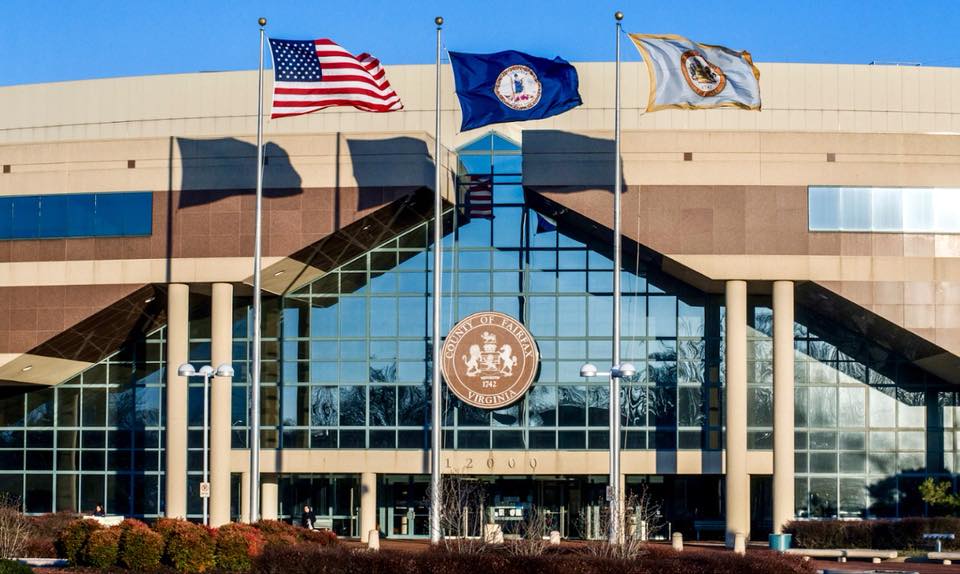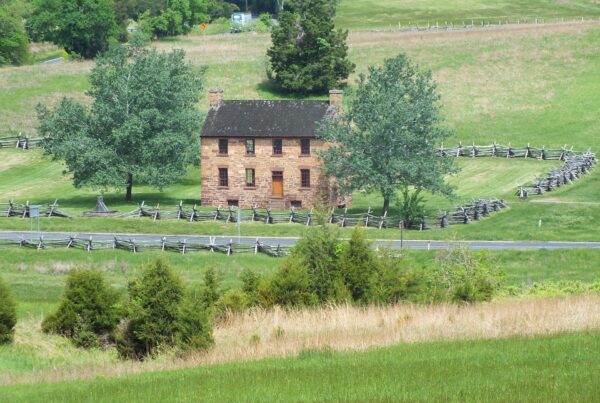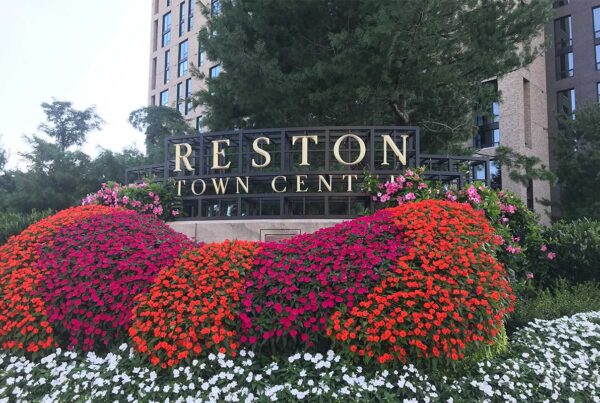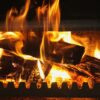Unraveling the Enigma of Chimney Odors in Fairfax County, VA
As the temperatures plummet and the cold winds start to blow, fireplaces all across Fairfax County, VA, begin to crackle with a warming welcome. However, for some homeowners, this comforting ambiance can be disrupted by the persistent and unpleasant smell emanating from their chimneys. To understand this enigma of chimney odors, we’ll delve into its underlying causes, prevention methods, and solutions, with the help of a leading chimney sweep company, A&T Chimney Sweeps fireplace, furnace, dryer vent, gutter cleaning, and repair services in Fairfax County, VA.
Understanding Chimney Odors
Chimneys are designed to vent out the smoke and gases produced by your fireplace. However, various factors can lead to foul smells that permeate your living area. Some of the most common sources of chimney odors include:
1. Creosote Buildup: Creosote is a byproduct of wood combustion that accumulates on the inside of your chimney. When it becomes hot or humid, this buildup can produce a strong, unpleasant odor.
2. Animal Intrusion: Birds, squirrels, raccoons, and other small animals can find their way into your chimney, often leaving behind nesting materials or even carcasses that generate a foul smell.
3. Moisture: A damp chimney can result in musty odors. This typically indicates that water is seeping into your chimney, often due to a damaged or missing chimney cap.
4. Improper Drafting: If your chimney isn’t drawing air out of your home properly, the smoke and odors from your fireplace can linger and infiltrate your living space.
Preventing Chimney Odors
Prevention is always better than a cure when it comes to chimneys. Here are some proactive measures you can take:
1. Regular Inspection and Cleaning: Routine chimney inspections and cleaning can prevent creosote buildup and detect early signs of animal intrusion or water damage. A&T Chimney Sweeps can provide professional chimney sweep services to ensure your chimney is clean and functioning optimally.
2. Install a Chimney Cap: A chimney cap can prevent animals from entering your chimney and protect it from water damage.
3. Use Seasoned Wood: Fresh or ‘green’ wood tends to produce more creosote. Using seasoned, dry wood will result in less creosote buildup.
4. Ensure Proper Ventilation: Make sure your home is adequately ventilated to prevent negative air pressure, which can cause drafting issues.
Solving Chimney Odors
If your chimney is already emitting an unpleasant odor, don’t fret. Here’s what you can do:
1. Get Your Chimney Professionally Cleaned: A professional chimney sweep can thoroughly clean your chimney, removing creosote, animal remnants, and other debris that could be causing the smell.
2. Repair Any Damage: If your chimney cap is missing or damaged, or if there are cracks in your chimney, have them repaired promptly to prevent water damage and animal intrusion.
3. Deodorize Your Chimney: There are commercial chimney deodorizers available that can neutralize the odor. However, remember that this is a temporary solution and won’t address the underlying issue.
4. Correct Drafting Problems: If improper drafting is causing the smell, you might need to modify your chimney or install a draft-inducing fan.
FAQs
1. How often should I get my chimney cleaned?
The National Fire Protection Association recommends having your chimney inspected at least once a year and cleaned as necessary.
2. Can I clean my chimney myself?
While it’s possible to clean your chimney yourself, it’s typically best to hire a professional. They have the necessary skills, tools, and experience to do a thorough job and address potential issues that you might miss.
3. Why does my chimney smell worse in the summer?
The humid summer air can intensify the smell of creosote. Also, your home’s air conditioning can create negative pressure that draws air down your chimney, bringing the odor with it.
4. Can a dirty chimney cause health problems?
Yes, a dirty chimney can lead to harmful pollutants infiltrating your home, which can cause respiratory issues and other health problems.
5. What should I do if animals are getting into my chimney?
Install a chimney cap or guard to prevent animal intrusion. If animals are already in your chimney, contact a professional to remove them safely.
In conclusion, understanding the causes and solutions for chimney odors can make your Fairfax County home more comfortable and welcoming. By partnering with professionals like A&T Chimney Sweeps, you can ensure your chimney is clean, safe, and odor-free.








